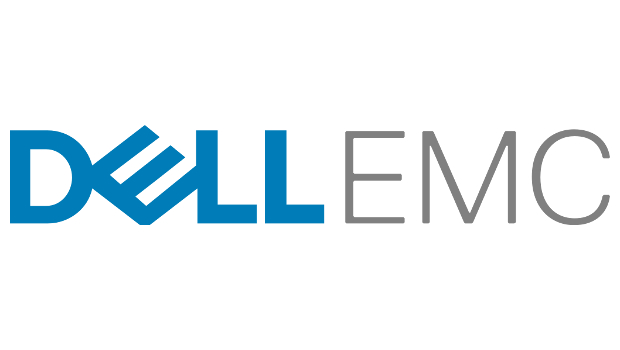At Dell EMC World the final keynote of the event was by Chad Sakac, head of the Converged Platform group, where he entertained the crowd by flying onto the stage dressed as Captain Canada, a superhero from the 1970s.
The superhero persona is fitting, as the Converged Platform group has seen a meteoric rise since he took the helm of what was once known as “VCE” and is arguably the biggest component of the problems Nutanix has seen since it went public.
The value proposition of converged infrastructure (CI) and hyper-converged infrastructure (HCI) is to enable customers to deploy the technology quickly and then be able to manage it easily.
HCI announcements
At the show, Dell-EMC made several announcements that reflect the changing dynamics of the HCI market.
The company announced a refresh to the HCI line. The new VxRail Appliances 4.5 deliver a number of new features designed for enterprise-class customers with optional integration with Dell EMC PowerEdge 14th generation servers. Historically, VxRail had been focused on mid-market customers, but as the use cases for HCI have expanded to include applications such as CRM, databases and others that are used to run businesses, the appeal has expanded to enterprise-class customers.
Like most products in the Converged Platform group, VxRail was intended to be modular to give it more flexibility and breadth across different types of companies. The current VxRail appliances were designed to be simple and automated, but now VxRail can be applied to larger clusters, enabling customers to add and manage 10 or more appliances as easily as a single one. The refresh also brings additional hardware flexibility with new single-core options to reduce the cost of deploying core-based licensed software and new network options to enable VxRail Appliances to be used in environments requiring physical network segmentation.
The addition of the Dell PowerEdge portfolio brings 25 times the number of configuration options to support a broader number of use cases. The refreshed portfolio has been outfitted with the new Intel Broadwell processor for better performance at around the same price. Dell-EMC also lets customers now start with a three-node cluster versus the previous requirement of four. This is significant from a cost perspective, as it creates an entry price that is 25% lower than before.
The PowerEdge integration broadens the appeal to a number of other use cases. The Dell products enable VxRail to support storage-heavy workloads with the dense storage nodes or graphics-heavy workloads with GPU hardware. As edge analytics increase in popularity, the GPU-enabled platforms should see a sharp rise in demand. Lastly, there are also entry-level nodes for remote and branch offices.
The company seems to have learned some lessons from the VSPEX Blue days when there was exactly one option for customers. VxRail is now all about flexibility, and customers have 12 times more configuration options. HCI is for more than just VDI now, so the range of options lets customers deploy it virtually anywhere.
Updated XC Series
Dell-EMC also updated its XC Series HCI appliances that combine compute, storage and virtualisation on turnkey, 1U and 2U appliances. The new XC appliances are designed for customers that want to use a hypervisor other than VMware’s vSphere, including Microsoft Hyper-V.
Historically the Converged Platform group built products that were in lockstep with VMware, but it is now broadening its appeal to other virtualisation platforms.
The company announced three flavours of XC. The XC430 Xpress is for small to midsize companies and has a starting price of $25,000 (€22,770). The XC Series with Dell-EMC Data Protection using Avamar, Data Domain or Data Domain virtual edition is for customers looking for simplified enterprise-level data protection and simplified back up. There is also a version with Pivotal Cloud Foundry to help customers fast-track their way to a private cloud.
Cloud Flex pricing
Perhaps the most interesting announcement from Converged Platforms is the introduction of Cloud Flex pricing, backed by Dell Financial Services, that brings cloud economics to all of the products in the HCI portfolio. With Cloud Flex, customers pay a fixed monthly fee for the products with a minimum term of one year. This is ideally suited for businesses that either are not sold on using HCI for new uses cases or companies that want to move to a pure OpEx model. Cloud Flex completely eliminates cost as an issue for deployment.
The HCI market is now mainstream and broadening in terms of use cases and customer appeal. Dell-EMC’s Captain Canada is helping customers of all sizes take advantage of the technology with a bevvy of new products and a new licensing model.
IDGNS








Subscribers 0
Fans 0
Followers 0
Followers